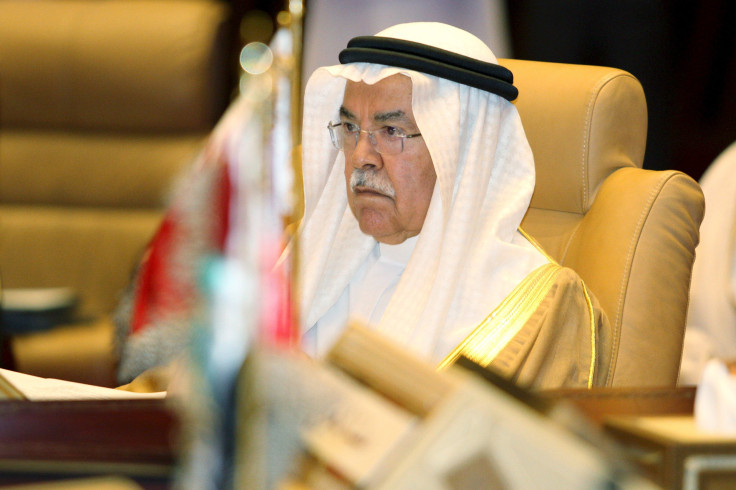Saudi Arabia Oil Woes? New Special Office Reportedly Aims At Cutting Government Spending Amid Slump In Prices

Saudi Arabia has reportedly established a new office dedicated to cutting waste in government spending as it grapples with low oil prices and the prospect of its first budget deficit since 2009, Bloomberg reported Monday. The news comes on the heels of a report published mid-October by the International Monetary Fund indicating that in the next five years, Saudi Arabia could run through funds to support government spending if it did not change its policies.
Saudi Arabia's economy is heavily dependent on oil, which accounts for about 80 percent of its budget revenue as well as 45 percent of its gross domestic product. Oil prices began to fall in June 2014 and have more than halved since then to hover around roughly $50 a barrel. In order for Saudi Arabia to have a balanced budget, oil needs to be trading at around $105 per barrel, the Financial Times has reported.
The new office reports to the Committee of Economic Development, which is headed by Deputy Crown Prince Mohammad Bin Salman, Bloomberg reported, citing two sources with knowledge of the office, who asked not to be identified. The office oversees similar satellites in other governmental bodies to ensure infrastructure projects happen on time and on budget. In its 2015 budget, the kingdom was scheduled to spend $49.3 billion on new projects, and several ministries could be affected by the creation of the new office.
Saudi Consumers Still Spending Like the #Oil Slump Never Happened https://t.co/SWeL81erFI via @business #SaudiArabia pic.twitter.com/OYs9qXLodD
— Andrew Barden (@abarden) November 2, 2015In early October, the Saudi Finance Ministry reportedly told various government departments not to begin new projects, make appointments or carry out promotions, and it also told officials to hasten revenue collection. In August, Saudi Arabia came out with a plan to raise $27 billion in bonds by the end of 2015.
The IMF warned in its October report that the Saudi economy would ultimately need to diversify in order to remain sustainable but said that the kingdom would likely weather this current slump in oil prices.
“Achieving fiscal stability over the medium term will be especially challenging given the need to create jobs for the more than 10 million people anticipated to be looking for work by 2020 in the region’s oil-exporting countries,” Masood Ahmed, the IMF's Middle East and Central Asia department director, said. He added: “The key to resolving the challenge of absorbing millions of new job market entrants expected over the next few years lies in accelerating economic diversification by creating incentives for private firms to expand activities that do not depend on government spending or oil.”
© Copyright IBTimes 2024. All rights reserved.






















